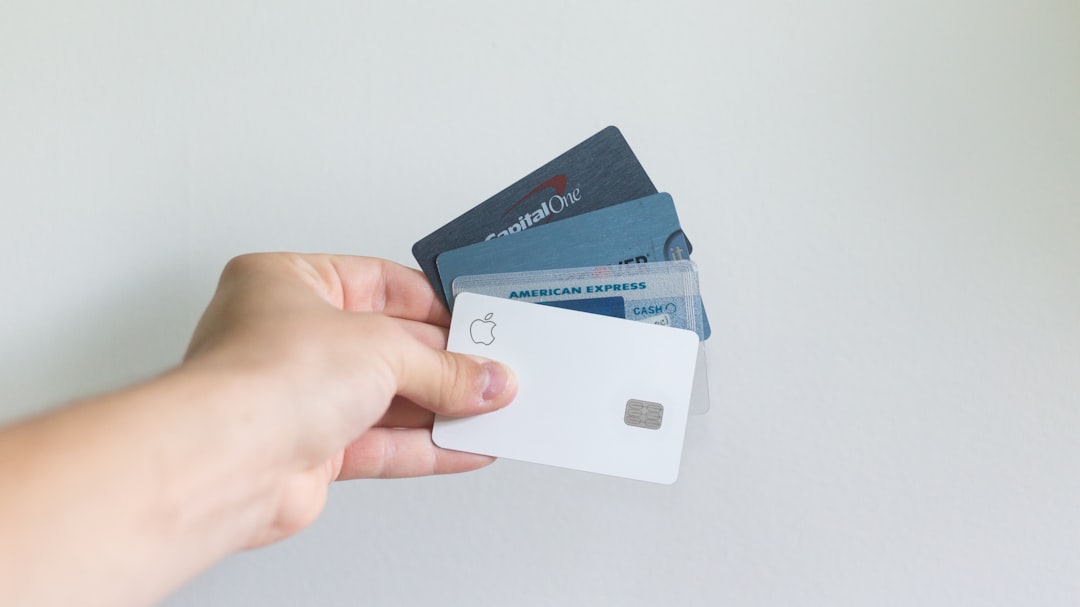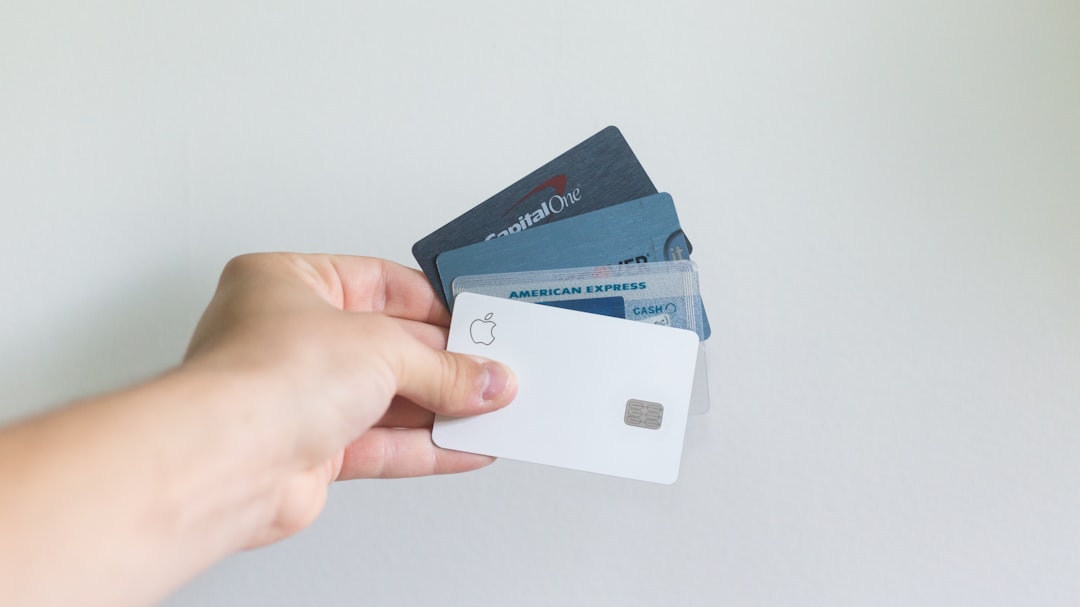Consolidating credit card debt is a strategic move to simplify repayment by combining multiple high-interest cards into one loan with a lower rate. This approach saves on interest charges, reduces monthly payments, and frees up cash flow. To maximize benefits, research lenders for the best rates and flexible terms. After consolidation, implement a robust financial management strategy, including budgeting and automated payments, to pay off debt quickly and prevent future accumulation. Avoid common pitfalls like neglecting credit monitoring and excessive spending.
Struggling with multiple credit card bills? Consider credit card debt consolidation—a strategic approach to simplify payments and reduce interest rates. This article guides you through consolidating your credit card debt, from understanding the concept to choosing the right loan and managing your finances effectively. Learn about the numerous benefits, including lower monthly payments and improved financial health. Discover common mistakes to avoid post-consolidation and take control of your financial future.
- Understanding Credit Card Debt Consolidation
- Benefits of Debt Consolidation for Credit Card Holders
- How Debt Consolidation Works
- Choosing the Right Debt Consolidation Loan
- Tips for Effective Post-Consolidation Financial Management
- Common Mistakes to Avoid After Debt Consolidation
Understanding Credit Card Debt Consolidation

Credit card debt consolidation is a strategic financial move designed to simplify and reduce your monthly payments. It involves pooling multiple credit card debts into a single loan, often with a lower interest rate. This process allows you to pay off your creditors more efficiently by making just one payment each month, rather than several. By consolidating, you can significantly lower your overall debt burden and save on interest charges.
This method is particularly useful for individuals dealing with multiple credit cards, each with varying interest rates and repayment terms. It streamlines the debt repayment process, making it easier to manage. Additionally, a consolidated loan may offer longer repayment periods, providing more breathing room to repay the debt without the pressure of multiple due dates.
Benefits of Debt Consolidation for Credit Card Holders

For many credit card holders, juggling multiple cards with varying interest rates can be a financial burden. One effective strategy to simplify this is consolidate credit card debt. This process involves combining all your credit card balances into a single loan with a potentially lower interest rate. The primary benefit is reduced monthly payments, allowing you to free up cash flow and manage your finances more effectively.
Additionally, debt consolidation can offer improved financial clarity by streamlining multiple payments into one, reducing the risk of missing due dates and the associated penalties. This simple change can be a powerful tool for gaining control over personal finances and making significant progress in repaying credit card debt over time.
How Debt Consolidation Works

Debt consolidation is a strategic approach designed to simplify and reduce your monthly financial obligations, with a particular focus on credit card debt. The process involves combining multiple high-interest credit card balances into a single loan with a lower interest rate. By doing so, you make it easier to manage your repayments, as you now have just one payment to worry about each month, rather than several. This method can significantly decrease the overall cost of repaying your debt over time, as the lower interest rates attached to consolidation loans can be a game-changer for those burdened by high-interest credit card debt.
Once approved for a consolidation loan, you use the funds to pay off your credit cards in full. The loan then serves as a new payment stream, typically with more manageable installments compared to what you were paying on each individual credit card. This method can free up cash flow, making it easier to stick to a repayment plan and ultimately clear your debt faster. It’s a popular strategy for folks looking to break free from the cycle of high-interest payments and regain control over their finances.
Choosing the Right Debt Consolidation Loan

When considering a debt consolidation loan, it’s crucial to pick one that aligns with your financial goals and current situation. The right loan will offer a lower interest rate than your current credit card rates, enabling you to save on interest over time. Look for loans with flexible terms that allow for consistent repayment without penalities.
Researching different lenders and comparing their offers is essential. You can check online platforms or consult financial advisors to find the best rates and terms. Remember to read the fine print, understanding any fees associated with the loan, such as origination or prepayment penalties, to ensure a smooth consolidation process that saves you money in the long run.
Tips for Effective Post-Consolidation Financial Management

After consolidating your credit card debt, it’s crucial to establish a solid financial management strategy to maintain your newfound financial stability. Start by creating a detailed budget that accurately reflects your income and expenses. Allocate a significant portion of your monthly savings towards repaying the consolidated debt; aim for more than just the minimum payments. This aggressive approach will help you pay off the debt faster, reducing interest charges over time.
Additionally, consider automating your debt repayments to ensure timely and consistent payments. Link your bank account to your debt repayment plan so that funds are deducted automatically on specified dates. Regularly review and adjust your budget as needed, being mindful of any changes in your financial situation or income levels. Remember, the goal is to pay off the consolidated debt while avoiding new debt accumulation, which will set you on a path towards improved financial health and freedom.
Common Mistakes to Avoid After Debt Consolidation

After successfully consolidating your credit card debt, there are several common mistakes to avoid that can derail your financial progress. One major error is assuming that simply consolidating the debt is enough. Remember, it’s a tool to manage and reduce payments, not an end goal. You still need a solid budget and spending plan in place to ensure you don’t accumulate new debt or face financial challenges in the future.
Another mistake to steer clear of is neglecting to monitor your credit utilization closely. While consolidating debt can improve your credit score by lowering interest rates and improving payment terms, it’s crucial to maintain low balances on your consolidated accounts to maximize these benefits. Regularly checking your credit report and monitoring your spending habits will help you stay on track and avoid new accumulations of credit card debt.
Debt consolidation offers a strategic approach to managing credit card debt, providing significant relief through reduced monthly payments. By understanding this process and making informed choices, individuals can take control of their finances and work towards financial freedom. Remember, while consolidation is a powerful tool, responsible financial management post-consolidation is key to avoiding future debt traps. Embrace the benefits, avoid common pitfalls, and embark on a journey towards a debt-free future.
